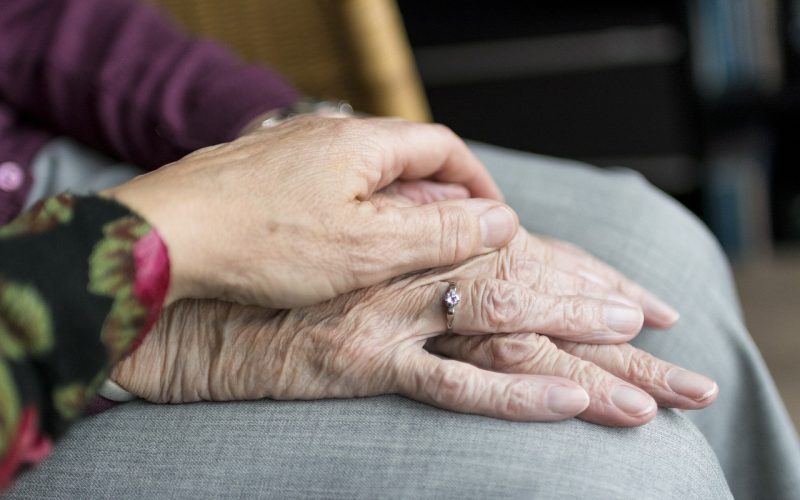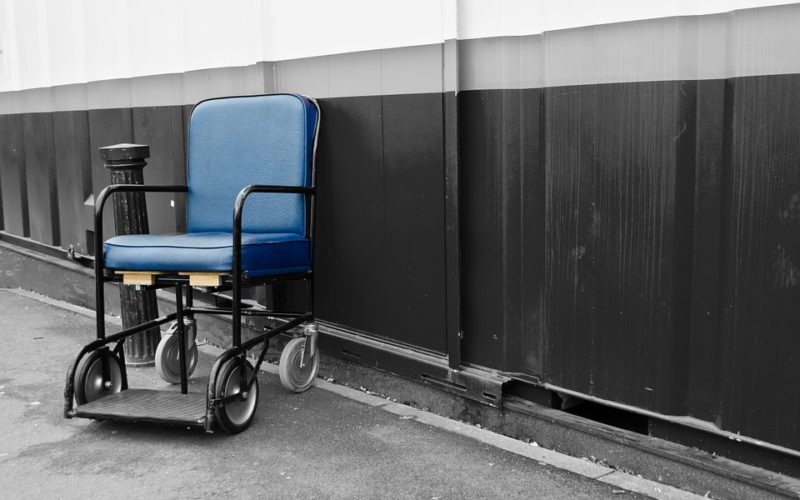When life takes an unexpected turn and you find yourself becoming your partner's carer, it can be both a challenging and rewarding experience. While the love and connection between you and your partner remain at the core, the dynamic of your relationship is bound to shift in significant ways. Adjusting to the new responsibilities, emotions, and stresses that come with caregiving requires understanding, preparation, and support.
Below, we outline what to expect when stepping into the role of carer for your partner, the resources available to help, and practical advice for navigating this new chapter.
Understanding the shift in your role
Taking on the role of your partner's carer can be an overwhelming transition. From being equals in the relationship, you may now find yourself taking on more responsibility for their physical and emotional well-being. These changes could involve helping with routine tasks like cooking and dressing, managing medical appointments, or even navigating complex healthcare systems.
While it’s normal to feel unprepared at first, recognising that the care you provide is a learning process can make the adjustment more manageable. Take time to understand your partner's specific needs—whether they are recovering from an illness, living with a disability, or managing a long-term condition.
Balancing your personal relationship and caregiving
One of the most delicate challenges is maintaining both the role of a partner and a carer. Balancing emotional intimacy with the practical tasks of caregiving can feel tricky. For example, as you become more focused on the logistics of care—medication schedules, meal preparation, or mobility assistance—romantic or companionship aspects of your relationship may unintentionally take a back seat.
Acknowledging this early is key to finding balance. Consider setting aside ‘non-care’ time specifically for activities you both enjoy, even if it’s just sharing a meal or watching a favourite film together. This can help preserve the emotional connection and ensure your relationship continues to thrive.
Preparing for the emotional weight of caregiving
It’s important to recognise that becoming a carer isn’t just a logistical adjustment—it’s an emotional one too. You may experience feelings of guilt, frustration, exhaustion, or even resentment at times. Such emotions are natural, but it’s essential to address them openly rather than suppress them.
Make space for self-reflection or talk to someone you trust to express how you feel. Counsellors or support groups for carers can also provide an understanding community where you can discuss your challenges without judgement. Remember, asking for help is not a sign of weakness but one of strength.
Exploring financial and professional implications
Caring for your partner may impact both your work and finances. If your caregiving duties are extensive, you might need to consider reduced working hours or take time off entirely, which could lead to financial strain. It’s important to be proactive about addressing these challenges.
Research financial benefits such as Carer’s Allowance or other government schemes provided to support unpaid carers. Many organisations also offer advice on how to adjust your budget or access additional funding to ease the monetary burden.
Seeking support and resources
No carer should have to bear the weight of responsibility alone. There are countless organisations and charities dedicated to supporting carers, regardless of the nature of the care needed. They may offer counselling services, respite care, or practical advice to help you better manage your duties.
Additionally, consider leaning on your wider network, such as friends and family, for assistance. Whether it’s taking over for an afternoon so you can run errands or offering emotional support during tough days, their help can make a big difference.
The importance of self-care
Caring for a loved one can easily lead to neglecting your own needs. However, staying physically and emotionally well is crucial—not just for your own sake, but also for your partner’s. Remember, you can’t pour from an empty cup.
Ensure you dedicate time to activities that help you unwind, whether that’s exercising, meeting a friend for coffee, or engaging in a favourite hobby. Regular breaks can prevent burnout and allow you to offer better, more patient care to your partner.
Becoming your partner’s carer is undoubtedly a life-altering experience. While it comes with immense responsibility, it also offers opportunities to demonstrate your love in entirely new ways. By educating yourself, seeking support, and prioritising self-care, you can effectively manage the demands of caregiving while maintaining the unique bond you share with your partner.






















